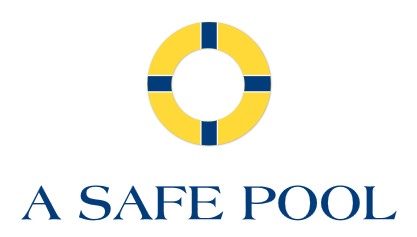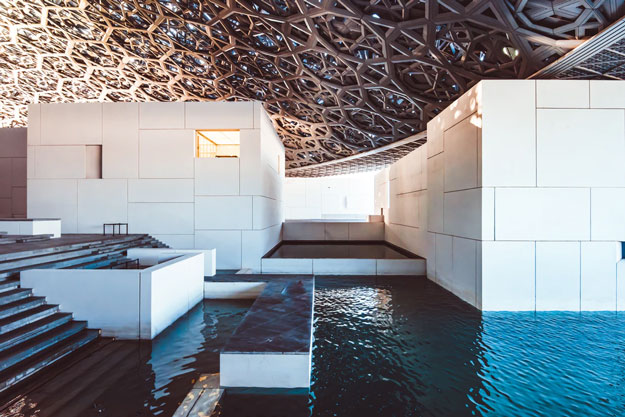The holidays are here, and for owners of residential indoor pools, that means getting ready for some of the most popular holiday parties on the block. That makes now the right time to brush up on pool party safety and make sure you’re ready to keep your holiday pool fun, safe, and merry. With a little preparation and care, you can ensure that your guests have the fun they’re looking for without the disruption of potential injuries.
Indoor Pools
While residential indoor pools can help keep the fun going year-round, they don’t always get the safety attention seasonal-use pools do. People become familiar with their frequent surroundings, and familiarity can lead to a lack of awareness about growing hazards. In addition, some pool owners don’t feel they need to take as much care with safety measures, as their pool may be indoors where it is more protected from trespassers and stray wildlife.
The truth is indoor pools can be just as dangerous if safety measures are not maintained. In fact, due to the increased use they tend to see, they can be more susceptible to damage from wear and tear, making pre-holiday maintenance of residential indoor pools vital for pool party safety. Here are some things to consider while planning your party:
- Ensure your pool area is free from physical hazards. From the loose tile you know to avoid, to the ways all your poolside furniture has migrated to a single area, making sure your pool is free from tripping and falling hazards is a big step in getting ready for a party. Check for anything that can cause a cut or scrape, like an exposed screw, broken wood, or damaged chair. Finally, make sure to remove all glass from the pool area. Glass can become invisible underwater, but if you absolutely had to get some glass decorative elements, make sure to remove them before it’s party time.
- Check your safety barriers. Pool safety covers should be in good repair and well-anchored, even if you aren’t planning to use the pool at the party. Clean the tracks of any debris, tighten them where necessary, and ensure your cover’s mechanism is functioning correctly. While safety fences aren’t as common in residential indoor pools, if your pool area has one as an extra layer of security, make sure its features, like the pole anchors, gate latch, and mesh, are still working the way they should be.
- Remove electrical hazards. There shouldn’t be any of these around your pool, but now is the time to ensure that no exposed wires, damaged cords, or electrical accessories not meant to be around water are near your swimming pool. One of the biggest culprits is phone chargers, which seem harmless but can cause a shock or electrocution in the presence of water.
- Get certified in first aid and CPR. If you aren’t already, now is the time to make sure you have the knowledge to act confidently in emergency situations and the skills to save a life. Find the American Red Cross class closest to you that fits your schedule.
- Make sure emergency equipment is ready to use and clearly marked. Check your first aid kit and get it stocked up, clear any obstruction from in front of rescue flotations or grab poles, and put clear signs around important safety and rescue equipment so they can be located by your guests if they’re needed.
The Day Of The Party
Pool party safety doesn’t end with preparation. As much supervision should go into parties at residential indoor pools as outside pools in the summer. While some of these actions can be done by you as a host, consider hiring people who can help keep your party safe if you are planning to cut loose as well. Professional pool cleaners, hired lifeguards, and other helpers are always available to help make your party great.
- Check and re-check your chemistry. Take the time to make sure your residential indoor pool’s water is perfect. It’s not only important for safety but can help reduce the chance that a guest’s skin becomes irritated because of too many chemicals they aren’t used to.
- Designate a lifeguard or water watcher. A water watcher is a single individual tasked with ensuring a pool’s safety rules are followed. A lifeguard can also do this but also has the water rescue training and certifications to better save lives. Whoever is designated should always be available at poolside and focused on monitoring pool safety until they are relieved.
- Don’t allow alcohol in the pool area. Whether it’s in cans, bottles, or red plastic cups, keep alcohol away from your pool. There is too high of risk that someone will become inebriated and take risks they shouldn’t. In addition, those who are not in command of their mental or physical faculties should not be allowed in the pool area.
- Consider delegating someone to monitor children. Children do better with coordinated activities, so a single person who is working with kids on safety, whether around the pool or not, can help prevent an unsupervised child from accessing the pool area.
Make Sure You’re Ready
With a little preparation beforehand and attentiveness during an event, residential indoor pools can be just as safe as any summer pool party. Making sure your guests know you took the time to focus on pool party safety will help ensure everyone has a happy holiday. If you need pool safety covers or safety fences tailored to your pool area, contact A Safe Pool today.

